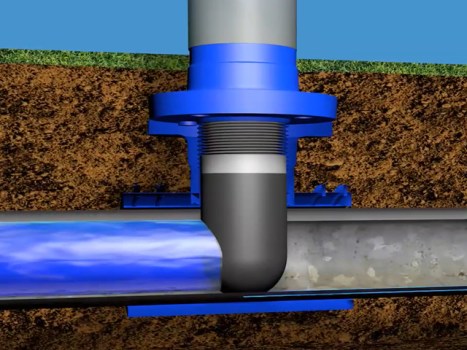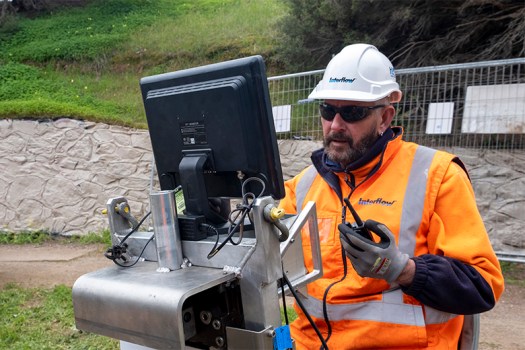
If you have a permanent position in the public service, your entitlements and tax obligations are set out in your employment contract and are straightforward.
However, if you’re a contractor or casual, things get a little more complicated. What are your entitlements? How much tax will you be paying – and will it be on the Single Touch Payroll system, or will you have to submit Quarterly Activity statements to the ATO?
Here’s everything you need to know about navigating government employment as a contractor or a casual – and there are significant differences between the two.
Figuring out tax as a contractor
If you are a government contractor, that is, providing your labour as an independent business, you will likely have to figure out your own tax obligations. Registration for GST is optional if your income is below $75,000 per year. Remember that your salaried job, if you have one, is not counted towards this total.
You will have to figure out your income tax rates using an income tax calculator. This is important if you need to vary your Quarterly Activity Statement, which is determined from your taxable income from the prior Financial Year and the bottom line on your Notice of Assessment from that year.
If you need to adjust your statement, you will need to calculate your projected taxable income for the forthcoming financial year, which is then factored into the payment.
Entitlements for casuals
As a contractor and independent business, you are not entitled to paid parental leave or any other type of leave full-time employees enjoy.
If you are employed as a casual, you are not guaranteed a set number of hours – but you may need the extra flexibility due to study or family commitments.
Casuals, however, gain a 25% loading on their wages if they are on an award wage. If you are in an industry subject to enterprise bargaining, this can vary between 15-25%.
This is to compensate casual workers for missing out on paid leave and entitlements such as paid parental leave and sick leave.
According to statistics from the Australian Bureau of Statistics, casual workers in government positions – apart from school teachers – only find themselves with a premium of 4-5% – with some sectors such as packers or general clerks seeing take home pay below their full time counterparts.
Are you eligible for superannuation as a contractor?
In some cases, independent contractors are eligible for superannuation as part of superannuation guarantees. If a contract is based mainly on their labour – e.g., answering phones, writing letters, or filing documents – then they may be entitled for superannuation above what they are owed as a contractor. Other contractors, who may be providing specific business services, e.g., one-off painting, designing a website, or paving a driveway, are not entitled to superannuation for their work.
If you are unsure if you are entitled to superannuation as a contractor, you can use the ATO’s “employee or contractor” tool to make sure.
This information is general in nature and should not be a substitute for professional employment or financial advice.
Comment below to have your say on this story.
If you have a news story or tip-off, get in touch at editorial@governmentnews.com.au.
Sign up to the Government News newsletter






Garth Daddy on: War memorial contracts fudged, audit finds
Roger Buhlert on: New VLGA appointment vows to lift governance standards
Roger Buhlert on: APS hybrid work is here to stay, report finds